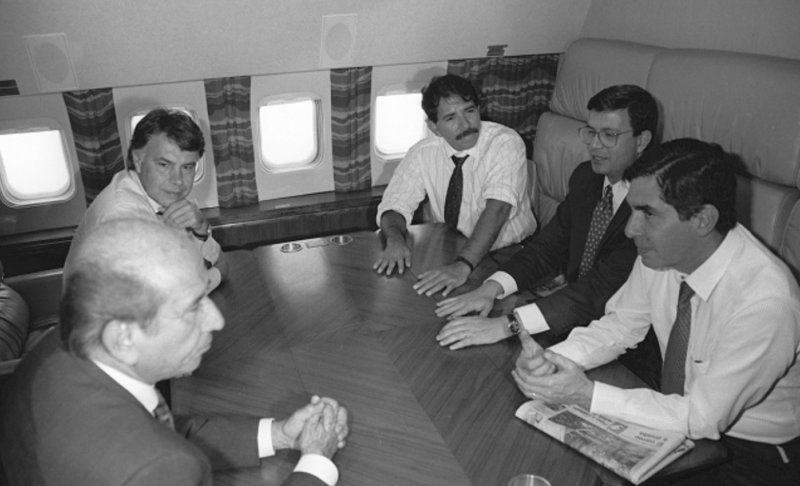
Courtesy of Caracas Chronicles
The article discusses the history and significance of the Contadora Group, a peace talks initiative led by Venezuela in the 1980s to address the conflicts in Central America during the Cold War. The article highlights the involvement of Venezuelan presidents, such as Carlos Andrés Pérez, in supporting the Sandinista government in Nicaragua and their concerns about the spread of Marxism-Leninism in the region.
The Contadora Group, consisting of Venezuela, Mexico, Colombia, and Panama, aimed to promote democracy, reconciliation, and disarmament in Central America while countering US interventionist impulses. The group faced opposition from the Reagan administration, which undermined their efforts and pursued its own military actions. Although the Contadora Process did not achieve concrete results, it created a regional support network and emphasized the value of negotiation.
In this sense, there was the subsequent Esquipulas Process, led by Óscar Arias, which furthered the peace efforts in the region.
The legacy of the Contadora Group is seen in the political transformations and peacemaking efforts that followed in Central America, but its significance has been forgotten in Venezuela’s current political landscape. The article questions whether the lessons from Contadora can inform ongoing negotiations or if diplomatic efforts will be futile.
Full Article-> Caracas Chronicles

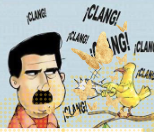
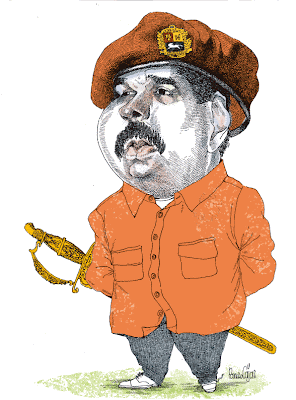
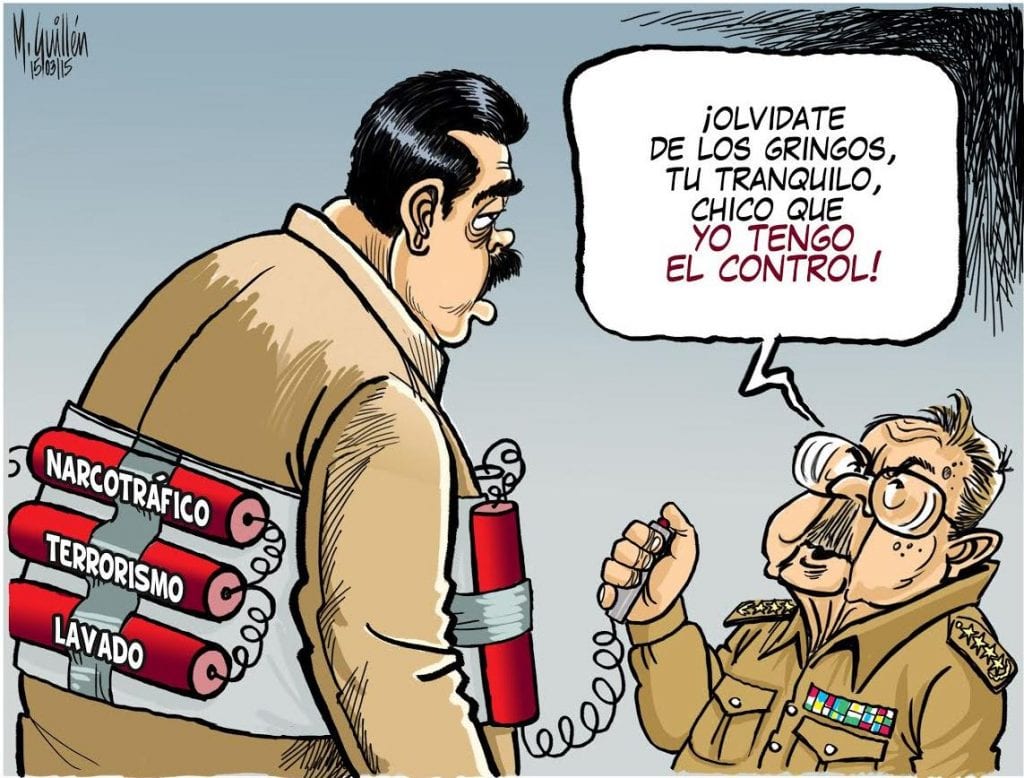
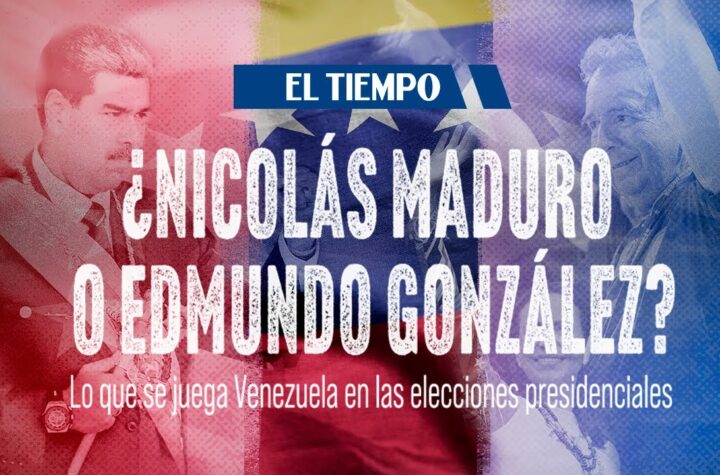
More Stories
Venezuela, elecciones entre pajaritos y mariposas
Maduro seeks to bolster military support ahead of next election
¿Qué hará Cuba el 28 de julio?